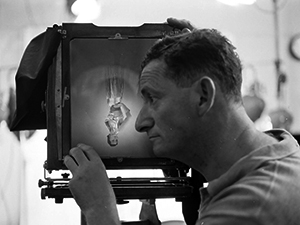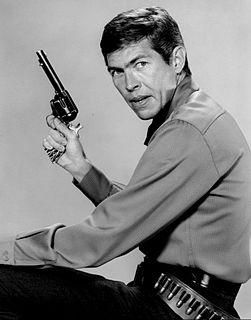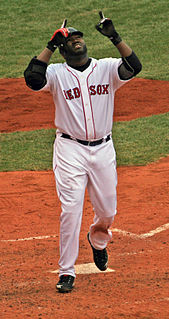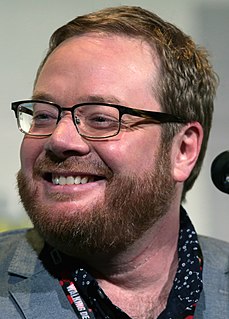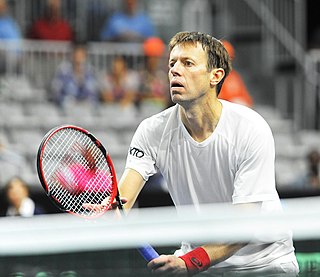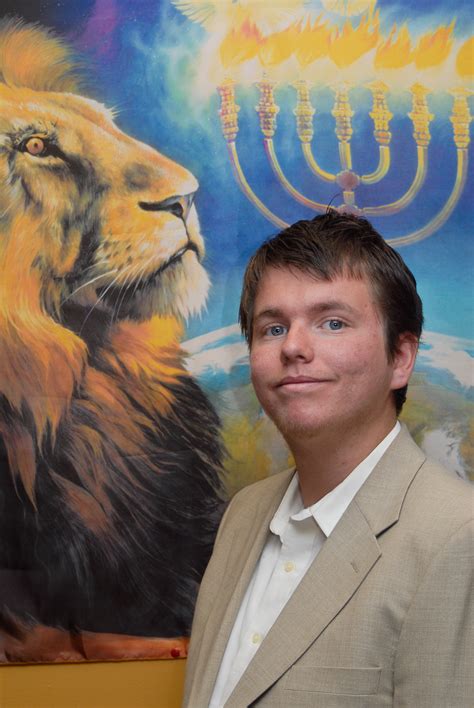A Quote by Robert Plant
I can find my way from 500 A.D. through to 1066 pretty well as an amateur historian.
Related Quotes
After I won my first amateur fight, I figured I would do fighting on the side while I was going to school. I got an offer after that amateur fight to take a professional fight. The opponent kind of wanted to have an easy win for her pro debt, and they said they'd pay me $1,500. I was like, 'Yeah, might as well get paid for what I was doing.'
There will be this mix of people like me who write for major national newspapers and amateur critics, practitioner critics, whose primary way of distributing what they talk about is through blogs and on the web. The line between professional and amateur criticism will become increasingly blurred. The problem here is that if you want to do this for a living, you have to be able to earn a living doing it.
I think that is one of the first things that I got clear in my mind when I began to play around with fiction, that I had to find a language and it was not in existance at the time. You have put it very well - it wasn't to be taken for granted. You had to go on and search until you found a way through the conversation of English and Igbo. The two languages stuck into each other and tried to find a way to express through one, the medium of the thoughts. That's a very exciting thing to do, a very difficult thing to do.
I'm pretty professional. I'm very aware when I'm not playing well and what I need to improve. I'm pretty motivated to fix things. There are guys out there who are not realistic; they don't like to take blame for certain things they don't do well. That's the nature of doubles sometimes: it's easy to find faults in your partner.
...You find a way, somehow to get through the most horrible things, things you think would kill you. You find a way and you move through the days, one by one, in shock, in despair, but you move. The days pass, one after the other, and you go along with them - occasionally stunned, and not entirely relieved, to find that you are still alive.
. . . What role does historiography play in the way a society and culture "remembers" past events? Does the historian have a moral or civic responsibility to this project of memory that ought to influence the way he or she engages in historical practice? Should moral concerns influence the historian's choice of subject matter, of issues to discuss, of evidence to use?


